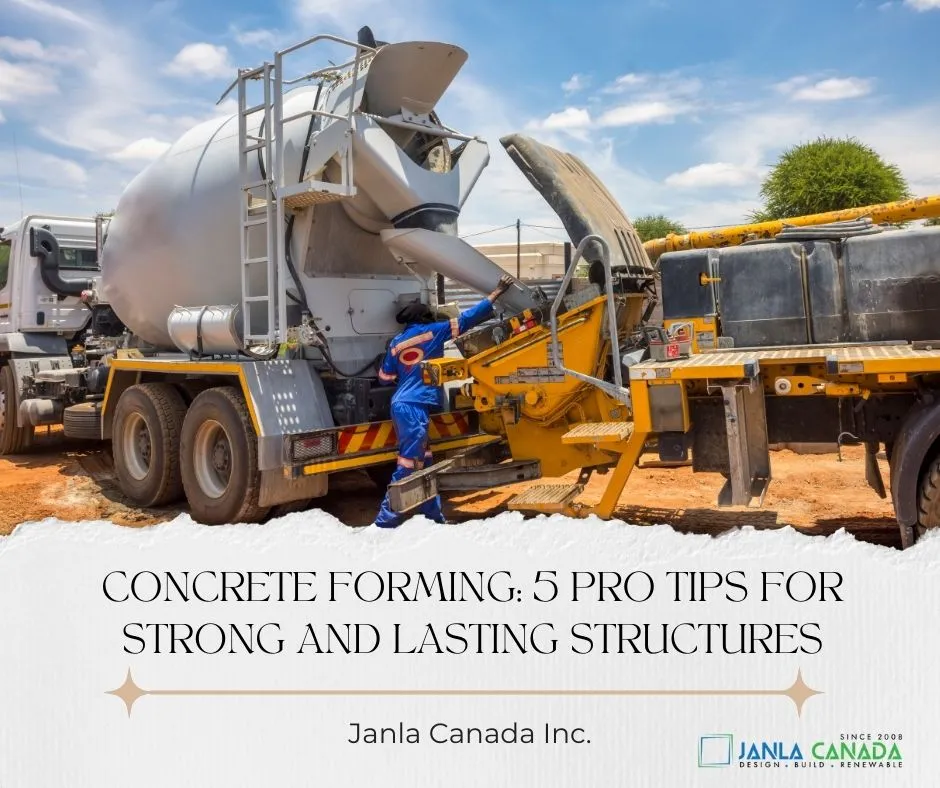Concrete forming is a foundational process in construction that plays a critical role in ensuring the durability, strength, and stability of structures. Whether you’re working on a residential project, a commercial building, or a large-scale infrastructure development, getting the concrete forming process right is essential. Here are five expert tips to help you achieve strong and lasting structures.
1. Choose the Right Formwork Material
Selecting the appropriate formwork material is crucial for the success of your project. The most common materials include wood, steel, aluminum, and plastic. Each has its own advantages:
- Wood: Ideal for small projects and custom shapes but less durable for repeated use.
- Steel and Aluminum: Durable, reusable, and suitable for large-scale projects.
- Plastic: Lightweight and resistant to moisture, perfect for curved or intricate designs.
Ensure the material aligns with the project’s scale, budget, and structural requirements.
2. Ensure Accurate Measurements and Alignment
Precision in measurement and alignment during the setup of forms is vital to the quality of the finished structure. Poorly aligned forms can lead to uneven surfaces, structural weaknesses, and higher repair costs. Use professional-grade measuring tools and regularly check the alignment before pouring concrete.
3. Reinforce Your Formwork
Adding proper reinforcement ensures the formwork can withstand the pressure of poured concrete. Steel rods, mesh, or fibers are commonly used reinforcements. These elements help distribute the load evenly and prevent cracking or buckling during the curing process.
4. Optimize for Concrete Pouring and Curing
The method of pouring and curing concrete significantly impacts the end result. Follow these steps for optimal results:
- Pour concrete steadily to avoid creating voids.
- Vibrate the concrete using mechanical vibrators to eliminate air pockets.
- Ensure the curing process is gradual to enhance the strength and durability of the concrete. Use curing blankets, sprays, or other methods to maintain consistent moisture levels.
5. Invest in Proper Maintenance
Regular maintenance of formwork and equipment prolongs their usability and ensures consistent quality in future projects. Clean forms immediately after use, check for wear and tear, and store them properly to prevent damage.
Why Professional Expertise Matters
Concrete forming can be complex and labor-intensive. Hiring experienced professionals ensures precision, compliance with safety standards, and the use of advanced techniques. From designing custom formwork to managing large-scale projects, experts can help you achieve the best outcomes.
Conclusion
Concrete forming is the backbone of any strong and lasting structure. By selecting the right materials, ensuring precision, reinforcing your forms, optimizing concrete handling, and maintaining your tools, you can guarantee the success of your construction projects. Ready to elevate your next project? Consult with professional concrete forming experts to bring your vision to life.


 Canadian
Canadian